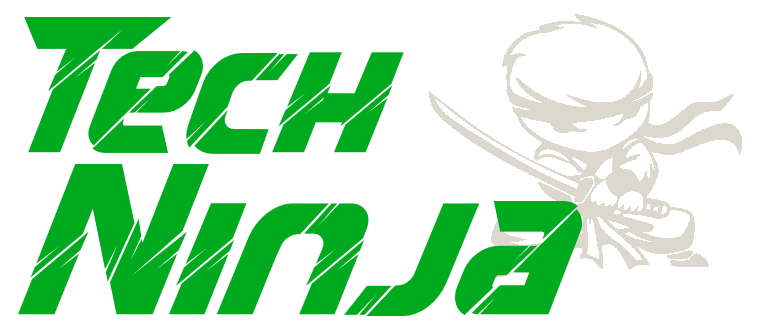Zac Antonaci, former VP of publishing and marketing at Clair Obscur: Expedition 33 and Rematch publisher Kepler Interactive, is leading new indie publisher Gambit Digital as CEO.
Announced yesterday, Antonaci is being joined by Chad Young (former senior director of publishing at Frontier Developments), Kevin Chancey (former general manager at Purple is Royal), Christopher Chancey (former president of ManaVoid Entertainment), Pascal Nataf (founding partner of Indie Asylum), and Kim Berthiaume (producer and UX designer at BadRez Games).
Via GamesIndustry.biz, Gambit Digital is part of Indie Asylum, a fellow Montreal, Canada-based “indie ecosystem” that congregates over 200 developers across 18 studios. The firm will assist in publishing of the games produced by the collective.
Among the services the publisher will offer are shadow publishing, in which the company claims it will provide publishing muscle “behind the scenes” while allowing studios to remain the publisher of record, as well as “post-launch growth,” expanding sales of already released titles to new regions and seeking new commercial opportunities.
“Publishing today has to be more than a transaction—it has to be a long-term partnership,” Antonaci said.
Antonaci left Kepler in February after spending over three years at the company
Kepler was founded back in 2021, when it raised $120 million in funding, and has published a number of successful titles since. This includes Sifu, which surpassed 2 million sales within one year, Pacific Drive, which sold 600,000 copies within five months and is being adapted to a TV show, and this year’s Clair Obscur: Expedition 33, which sold over 3 million copies just over a month of release (thanks, PCGamer.)
Speaking to Game Developer in February of this year, Kepler’s senior portfolio manager Matthew Handrahan said that it’s still worth betting on bold and interesting games, while being strategic around marketing and publishing.
“What is the market going to be in two years time or three years time? I think there is a danger in looking at what’s there today and then signing a game on the basis of that because you 20 other companies might have done exactly the same thing, and by the time you come to market, everything’s saturated,” Handrahan said.

